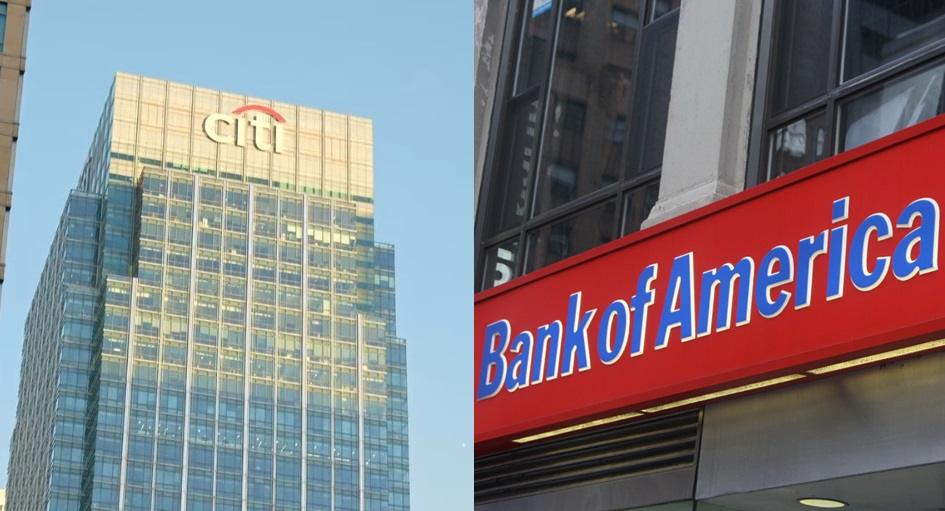
Financial giants Citigroup and Bank of America (BofA) have decided to exit the Net-Zero Banking Alliance (NZBA), a UN-backed coalition of banks dedicated to advancing global net zero goals through their financing activities, marking an acceleration in departures from the group, following similar recent announcements from Goldman Sachs and Wells Fargo.
Launched in 2021 – with Citi and BofA as founding members – the Net-Zero Banking Alliance is a coalition of more than 140 banks spanning 44 countries. Members of the NZBA commit to transitioning operational and attributable greenhouse gas (GHG) emissions from their financing activities to align with net zero pathways by 2050, and to set 2030 financed emissions targets, initially focused on key emissions intensive sectors.
The NZBA forms part of the Glasgow Financial Alliance for Net Zero (GFANZ), a UN-backed umbrella group of net zero-focused financial sector coalitions, which also includes the Net Zero Asset Managers initiative (NZAM), Net Zero Asset Owner Alliance (NZAOA), Net Zero Financial Service Providers Alliance (NZFSPA), the Net Zero Investment Consultants Initiative (NZICI), the Paris Aligned Asset Owners (PAAO), the Venture Climate Alliance (VCA), and the Net-Zero Export Credit Agencies Alliance (NZECA).
After rapid expansion in the early years of the decade, members of the various GFANZ groups have come under significant pressure, particularly from Republican politicians in the U.S., who have been warning financial institutions including banks, insurers, asset owners and investors of potential legal violations from their participation in climate-focused alliances and of plans to exclude the companies from state business, as part of a broader anti-ESG political campaign.
Several of the groups have seen high-profile departures over the past several months, with one of the coalitions, the Net Zero Insurance Alliance (NZIA), even disbanding in 2024 following a string of exits.
Citi announced a commitment in early 2021, on the first day of Jane Fraser’s tenure as CEO, to a 2050 net zero greenhouse gas (GHG) financing target, and the bank has followed up with interim targets for financed emissions reductions for key emissions-intensive sectors, such as energy and power. In a statement published announcing its decision to leave the group, Citi reiterated its commitment to reach net zero, and pledged to support GFANZ in its new focus on “mobilizing capital to emerging markets in support of the low-carbon transition.” Citi stated:
“In light of this shift, and Citi’s progress towards its own net zero goals, we have decided to leave the Net Zero Banking Alliance and focus our attention on supporting GFANZ during this new phase.”
Bank of America’s net zero finance goal also dates to early 2021, and the bank has also set a series of financed emissions reduction targets for key sectors. In a publication in late September 2024, the bank reiterated its goal to achieve net zero in its financing, operations and supply chain by 2050, and set new financed emissions targets for the Iron & Steel and Maritime Shipping sectors.
Both Citi and Bank of America remain as members of the GFANZ Principals Group, which sets the strategic direction and priorities for GFANZ, and monitors progress.


